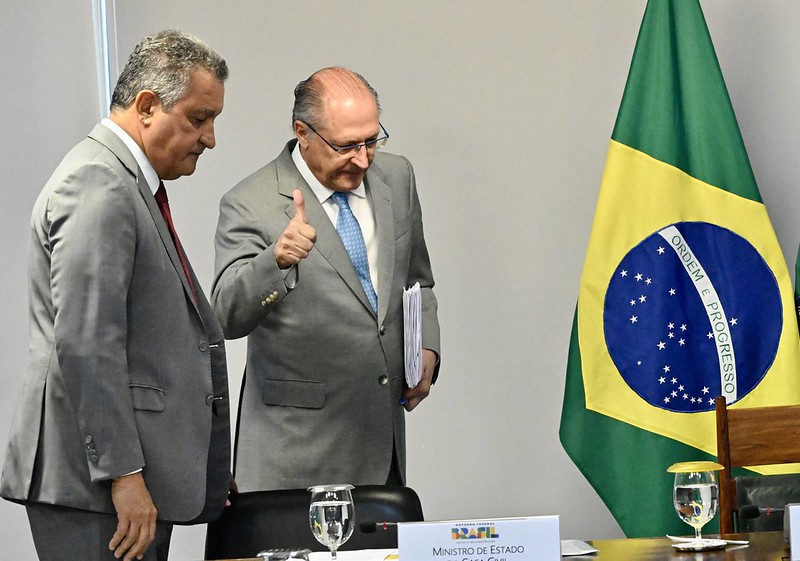Acting President Geraldo Alckmin on Thursday signed into law the restoration of the government’s tie-breaking vote in Carf, the country’s tax appeals court and also its final administrative platform for litigating the collection of federal taxes.
Legislative changes enacted in 2020 established that cases that ended in a tie would be ruled in favor of taxpayers. The Lula administration sought to roll back these rules in order to increase public revenue.
Finance Minister Fernando Haddad estimates that the federal government has lost about BRL 59 billion (USD 12 billion) a year since 2020, because Carf decisions in favor of the taxpayer (generally large corporations) prevent the government from appealing to the courts.
Increasing revenue is crucial for the federal government to meet the bold fiscal targets it has set itself, starting with a zero primary deficit by the end of 2024. This year through July, the stock of pending judgments exceeded BRL 1.1 trillion.
The bill proposing the return of the tie-breaking vote was sent to Congress in May this year, after a provisional decree on the same topic had expired. Every provisional decree signed by the president in Brazil must be approved by Congress within 120 days to remain valid.
The House approved the text in July, and the Senate in August.
Created in 2009, Carf has equal representation from the National Treasury and the private sector.
The so-called tie-breaking vote establishes that, in the event of ties in tax appeals, members representing the National Treasury will always be able to break the deadlock in favor of the State.


 Search
Search






































